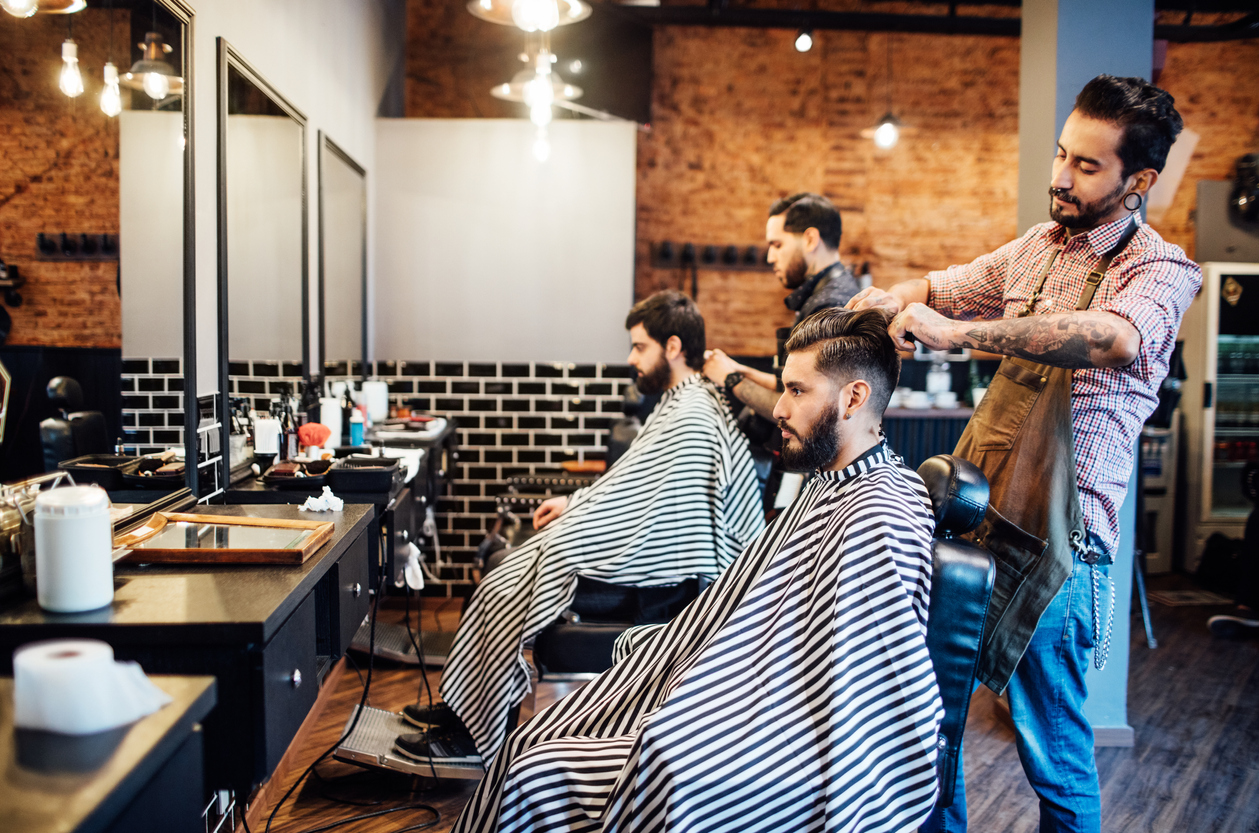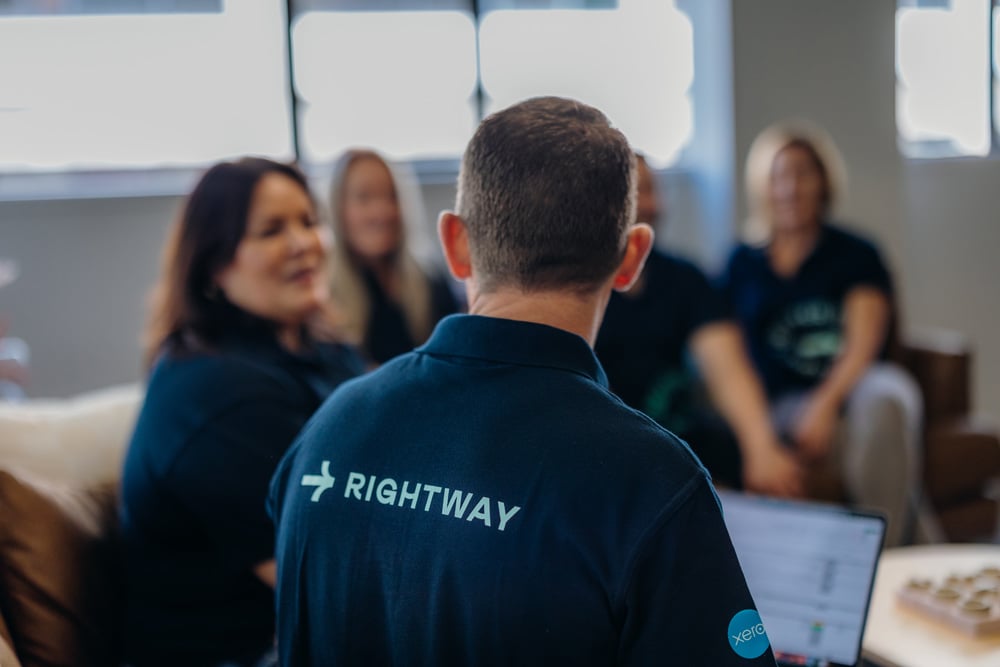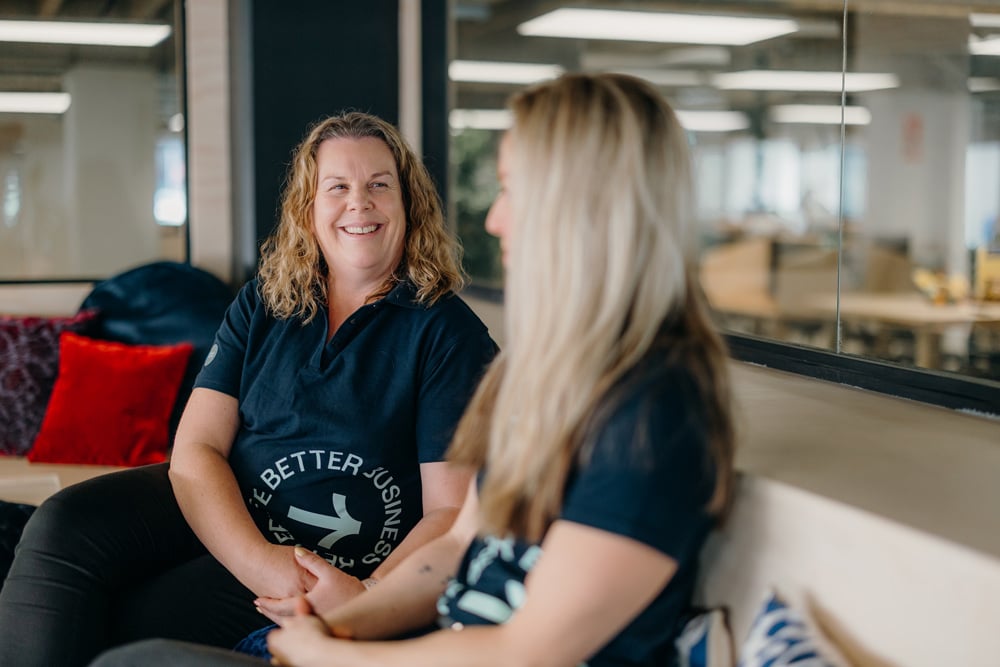Freedom? Almost! I think we've all been eagerly awaiting the Alert Level 2 guidelines from the Government, which were officially announced Thursday May 7. We can now confirm that we will see a return to shopping, eating out, weddings, travelling in New Zealand, schools, sport, and seeing friends - but there will be some strict rules. As a business, you must assess if you're able to meet the rules and operate safely, but also you need to look at your cash flow. The point of business is to fund your lifestyle after all!
Play it safe
The Government has dubbed Level 2, 'play it safe'. There will be a lot more freedom at Level 2, but we still need to be cautious to make sure COVID-19 is contained and eradicated. You can see the full Government guidelines here.
- All businesses can open to customers if they can do it safely.
- You can go in-store at businesses.
- Tertiary education facilities, schools, and early learning centres will be open.
- You can travel between regions.
- Initially gatherings like weddings, religious ceremonies, and social gatherings can have up to 10 people.
-
Funerals and tangihanga can have up to 50 people attend, but with no food and drink congregations afterwards.
- You can safely connect and socialise with close friends and family, in groups of 10.
- You can visit local cafes, restaurants, bar,s and pubs to have a meal.
- You can return to your regular recreation activities, at first keeping to 10 people.
Businesses can have customers on their premises if they can meet public health requirements. That means you will need to:
- Talk with your staff to identify risks and ways to manage them.
- Ask everyone - staff, contractors, and customers - with cold or flu-like symptoms to stay away from your premises.
- Keep groups of customers one metre apart.
- Keep contact-tracing records of anyone who will have close interaction.
- Reduce the number of shared surfaces, and regularly disinfect them.
- Wash your hands. Wash your hands. Wash your hands.
Cash should only be accepted where the customer has no alternative, and the business has measures in place to ensure the cash is handled safely. That might include:
- only accepting cash using self-check out kiosks
- hand sanitisation or washing after handling cash
- if relevant, following the procedures outlined in a business’s safe food handling plan.
During Alert Level 2, businesses are still encouraged to use alternative ways of working if possible. This is to help reduce people's movement and interaction, so you may need to look at doing staggered shifts to reduce the amount of staff/people on premises at one time. At RightWay for example, we will mostly be continuing to work from our homes across New Zealand. We're well set-up to continue doing this, while still meeting with our customers on video or over the phone.
Hospitality
Cafes, bars, and restaurants can be open to the public, but all customers will need to be seated and separated, with no more than 100 people in each venue. You can obviously still operate any click and collect or takeaway options, so long as you're abiding by the distancing rules. Hospitality businesses should keep groups seated, separated, and use a single server if possible. You should follow these guidelines:
- Staff should stay one metre apart from each other where practicable.
- One server for each group of customers, and keep the same servers throughout.
- Everyone dining in your venue must be seated.
- Different groups must be kept one metre apart.
- Limit the number of people inside to a maximum of 100 people at any time.
- Make sure that people don’t need to queue near other people to enter, pay, or go to the bathroom.
- Provide good facilities for people to wash their hands thoroughly and regularly.
- Maintain a contact register with details of everyone that has entered your premises.
- You can still do delivery, drive-through, or contactless pick up by customers. Try to avoid having people queue, and if they are queueing make sure they’re able to maintain physical distancing.
Alcohol can only be served to people eating a meal, this is a temporary restriction until 21 May 2020. Venues will need to stay shut if they can’t open safely.
Retail
Shopping will be allowed but physical distancing of two metres will need to be maintained at retail businesses. You also need to look at good hygiene measures, such as hand hygiene and regular cleaning. It's worth looking at your customer entry and exit points to keep up the physical distancing. There is no maximum number of customers allowed in a store, as long as they can keep 2 metres apart at all times. Customers that can see you're taking precautions and feel safe in your store will be a lot more likely to shop with you.
Close contact services - hairdressers/barbers, beauty, and health
Anyone in service industries such as hairdressing, beauty, and health (e.g. physiotherapists and dentists) will all be back operating - hairdressers will likely be inundated with at-home hair cuts to fix during Level 2! However, you may need to operate differently to reduce the risk of transmission. This includes measures such as:
- keeping contact tracing registers
- keeping customers 1 metre apart, including while they’re waiting
- good hygiene practices
- disinfecting surfaces in between customers.
You aren't required to wear personal protective equipment (PPE) like masks, but you may find many workers and customers may want workers to wear masks.
Sports and recreation
Gyms, pools, and sports facilities will be able to operate, keeping up all the same guidelines mentioned above. Maintaining hygiene, and cleaning equipment and surfaces will need some careful thought. Number restrictions for indoor facilities will also need to be strictly followed. Initially, community sports will be limited to groups of 10.
We will also see a return of walking, biking, and hunting on public conservation land, as well as boating and motorised watersports.
Travel and tourism
Travel within New Zealand will return at Level 2, but it will need to be done in a safe way. Our international border will remain closed. Anyone looking to travel should be mindful of maintaining distance from others. We should try to limit the public transport we take, or use it during off-peak times.
Tourism operators can welcome customers back, but will need to have a clear plan on how to do that safely, following all the distancing and hygiene guidelines. This could be quite difficult for some operators, so we recommend looking at all possible scenarios, customers numbers, costs, and potential profits.
Education
Early learning services, schools, and tertiary education facilities are open to all ages. It is safe to attend all forms of education as additional public health measures are in place. However any educational facilities connected to a confirmed or probable case of COVID-19, must close on an individual or group basis to allow contact tracing, and then potentially for a further 14 days. Distance learning will be available for students that are unable to attend school - this could be required if a student needs to self-isolate for example. More detail on all of this will be available soon.
Events and gatherings
Events and gatherings will make a welcome return in Level 2, but as with all the other industries, some significant alterations to the way you work will need to happen. For any event (like weddings, birthdays, baby showers) the maximum number of people allowed is 10, and funerals and tangihanga can have a maximum of 50 people (if registered with the Ministry of Health). Additional conditions include:
- Physical distancing and infection prevention and controls.
- All gatherings must record attendees.
- Hospitality guidelines to be strictly adhered to.
- All venues can open for the purposes of dining.
- Venues have a capacity limit of 100 where people are there for the same event such as cinemas, restaurants/cafes, and sports venues.
Make a plan
The general rule of thumb for all industries in Alert Level 2 is to assess all of the guidelines from the Government, and look for practical ways to make that work for your business, while still keeping your eye on that ever important profit. Connect with your staff and discuss how you're going to work together safely, and make sure everyone is clear on your expectations on how your business will run.
We always advise reaching out to an expert to support you through these challenging times. Please don’t hesitate to get in touch with us, we have business advisors, accountants, and HR specialists that can chat to you about what options you have in your business, and they can work through a step by step plan with you.
And check out our Facebook Business Hub page, there are some really useful updates and discussions happening on there.





